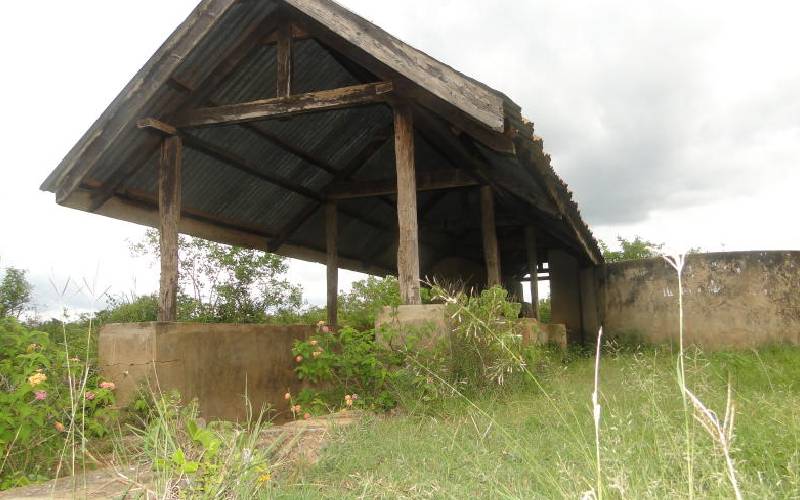×
The Standard e-Paper
Stay Informed, Even Offline

An abandoned cattle dip in parts of Siaya County. [Isaiah Gwengi, Standard]
Three decades ago, Michael Obondo would take his father’s cows to the nearest communal cattle dip every week.